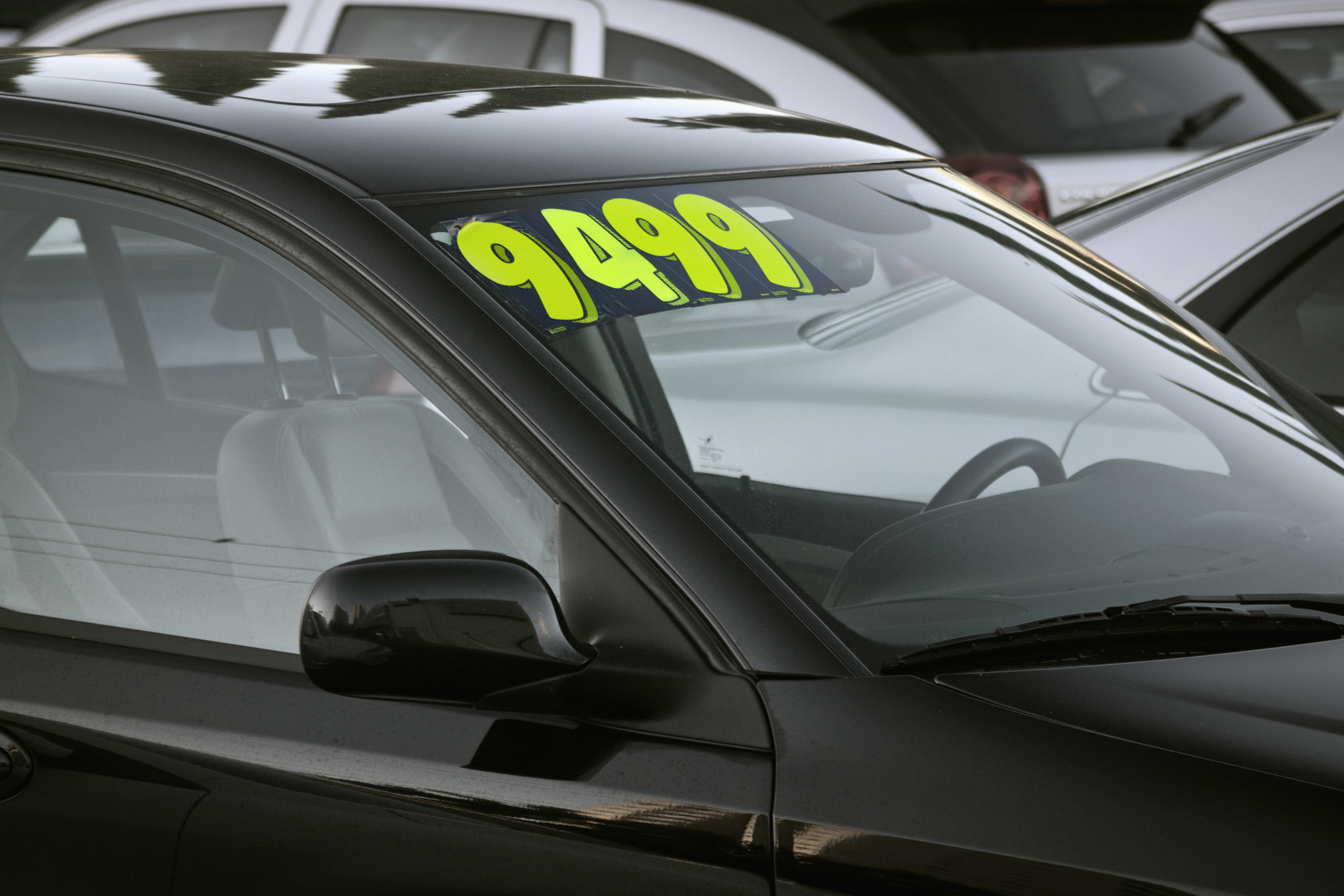In todays world where car theft is unfortunately a common occurrence, it is crucial for car owners to know how to check if a car is stolen. By following a few simple steps and paying attention to key details, you can protect yourself from unknowingly purchasing or driving a stolen vehicle.
From checking the VIN number to conducting a thorough background check, there are several methods available to help you determine the legitimacy of a cars ownership. Stay informed and stay safe by learning how to properly verify the status of a car before making any important decisions.
1. Identifying Signs of a Stolen Car

Identifying signs of a stolen car can be crucial when considering purchasing a used vehicle or if you suspect foul play. One of the most common signs is a VIN discrepancy, where the Vehicle Identification Number on the dashboard does not match the number on the door or paperwork.
Another red flag is if the cars title does not match the sellers name or address, as this could indicate a fraudulent sale. Additionally, if the seller is unable to provide maintenance records or is evasive about the cars history, it may be a sign that the vehicle is stolen.
It is essential to trust your instincts and do thorough research before buying a car to avoid falling victim to purchasing a stolen vehicle.
2. Running a Vehicle History Check

Running a vehicle history check is a crucial step to take when trying to determine if a car is stolen. By obtaining the vehicle identification number (VIN) and running it through a reputable vehicle history service, you can uncover important information about the cars past.
This information can include any reported theft incidents, salvage titles, or insurance claims that may indicate the car has been stolen. Additionally, a vehicle history check can reveal important details about the cars ownership history, service records, and odometer readings, which can help you make an informed decision about purchasing a used car.
Taking the time to run a comprehensive vehicle history check can potentially save you from buying a stolen vehicle and dealing with potential legal issues down the road.
3. Verifying the VIN with Law Enforcement

In order to verify the VIN of a car with law enforcement, it is important to reach out to the local police department or the National Insurance Crime Bureau (NICB). Provide them with the VIN number of the vehicle in question and ask them to run it through their database to check for any reports of it being stolen.
Law enforcement agencies have access to national databases that can quickly determine if a car has been reported stolen or has any other issues associated with it. It is crucial to work with law enforcement to ensure the VIN verification process is done accurately and efficiently.
By taking this step, you can have peace of mind knowing that the car you are interested in purchasing is not stolen and legally owned.
Conclusion
In conclusion, ensuring that a car is not stolen is crucial for both buyers and sellers in order to protect themselves from legal issues and financial losses. By following the recommended steps such as conducting a stolen car check, verifying the vehicle identification number (VIN), and examining the cars history report, individuals can make informed decisions when purchasing or selling a used car. It is important to be diligent and thorough in checking the legitimacy of a car to avoid potential pitfalls in the future.
With these precautions in place, individuals can have peace of mind knowing that they are dealing with a legitimate and legally owned vehicle.


